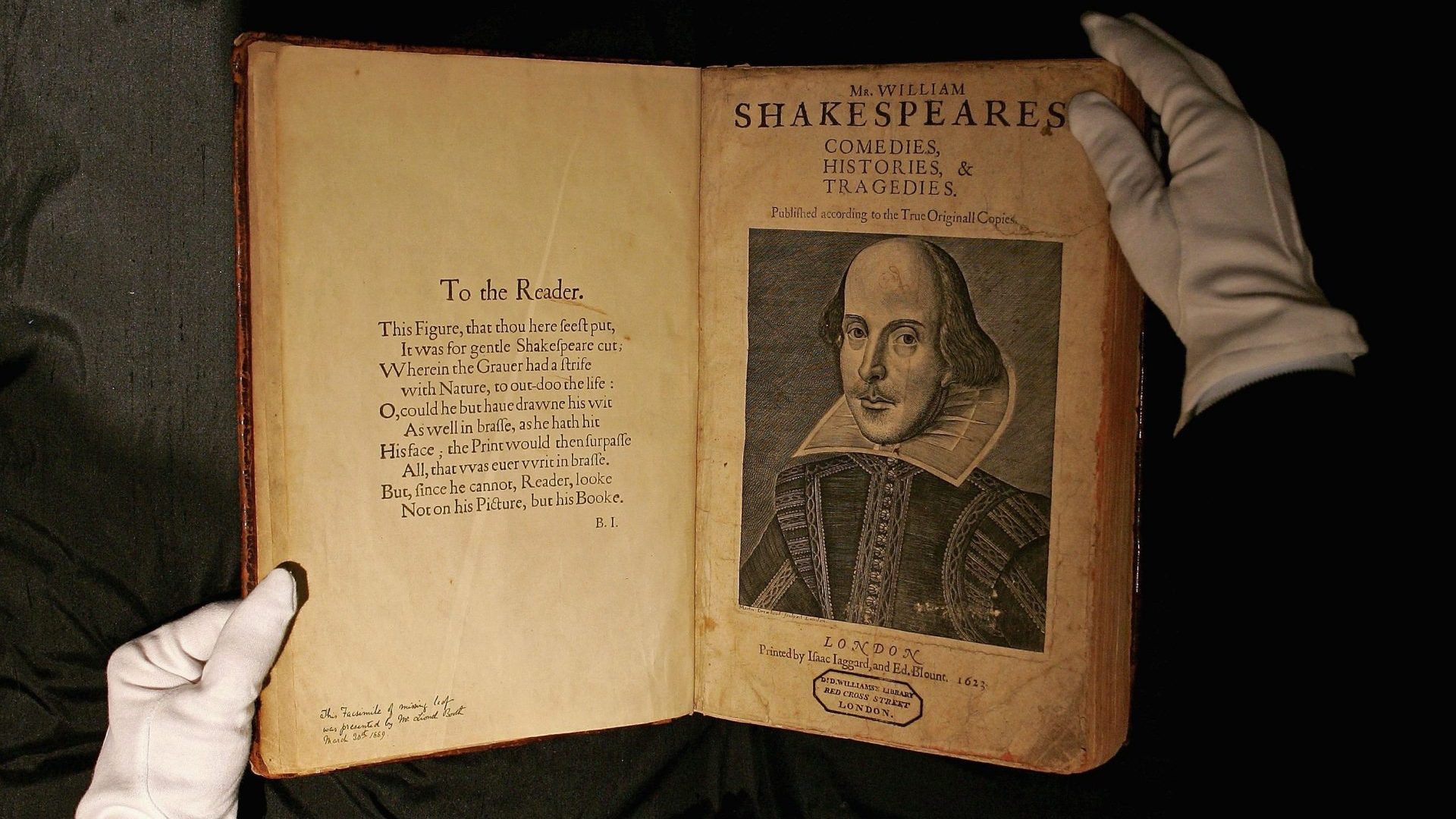Early on a Sunday morning in central Berlin, I’m standing outside a large pink shopping mall called Alexa. Last century this location used to be the city’s red-brick police HQ, the Alex, so named because of its proximity to Alexanderplatz.
The mall’s name and colours are a nod to what’s gone before – wherever you are in Berlin something has gone before, and they’re frequently things people might not want to revisit. The average visitor probably wouldn’t be familiar with this law enforcement footnote unless they had a historian with them. Fortunately, I do.
I tracked down Sean Stewart by googling “Bernie Gunther tour”. Stewart is the only person currently offering to guide readers around the haunts of an intriguing fictional German detective created in London by a writer from Scotland.
Philip Kerr wrote 14 books about Gunther between 1989 and the author’s death in 2018. The genre they sit in is “dark things for bright beach holidays.” Straddling the pre-second world war, wartime and cold war eras, they are historical fiction with the type of detail you associate with true crime journalism and the energy of 1950s American pulp fiction.
Kerr uses Gunther to examine the horrors of 20th-century European history. The detective is an honest cop who has the world-weariness of The Sweeney’s Jack Regan, but with extra helpings of existential dread. And instead of working by routinely chasing shotgun-wielding bank robbers, he’s an anti-Nazi forced (at least for the first few books and in subsequent rewinds of history during the series) to work for genocidal maniacs.
Sean Stewart arrived in Berlin a few years ago, has an MA in history from St Andrews and his focus has been the political military history of central and eastern Europe. On the day we meet he also has sciatica and is pleased I don’t want to walk every single Berlin step Gunther took, but would rather get a sense of the city in which the cop existed. We visit the Adlon Hotel, the pinnacle of Berlin luxury. In the 2009 book, If the Dead Rise Not, about the Nazi Party’s successful bid to host the 1936 Olympics, and the complicity of the leader of the American Olympic Committee in turning a blind eye to their antisemitism, Gunther is employed as the house detective.
Tracing Kerr’s cross-fabrication of fact and fiction, we pass the location of a famous Berlin crime Gunther is credited as solving to help build his legend.
If you enjoy layered historical criminal thrillers you may already know about Bernie Gunther. Many do. Tom Hanks is a big fan and has been involved in developing the character for an as-yet-unmade screen series. Lee Child is another high-profile admirer, describing Gunther as one of the best anti-heroes ever created. Perhaps there is an influence here on Jack Reacher’s many travels; in the series Gunther is blown from Germany to Poland, Russia, France, Austria and Greece and also to Argentina, New York and Cuba.
His earliest appearance in 1989’s March Violets is very much Chandler’s Marlowe in Hitler’s 1936 Berlin; a former policeman-turned-private eye on the trail of missing diamonds and a double murderer. As the plot develops, Gunther displays his contempt for the clique of Nazi gangsters who have taken over his country.
Two further volumes followed until 1991 when, wary of becoming associated with just one style of book, Kerr put down his character for a decade in which he wrote one-off thrillers and children’s books, and later developed scripts for Robert De Niro, among others.
When another Gunther reappeared in 2006, readers found the detective in the maelstrom of post-war incriminations and Nazi-hunting. I first came across him with 2010’s Field Grey, a birthday present from my teenage son, at the prompting of a bookseller who compared Kerr to Le Carre. Kerr’s imagination is in full riot mode as the book begins in a brothel in Cuba, with Gunther drinking alongside Graham Greene and working for mobster Meyer Lansky.
Kerr, who I interviewed six months before his death at the age of 62, saw Gunther as a means to explore periods of history which interested him, and also to develop the ambiguity of a sympathetic character who works, for a while, among high-ranking Nazis. Like so many anti-heroes in crime fiction, Gunther is allowed his open cynicism because of the brilliance of his detective work.
Berlin is of course the perfect setting for a man who appears to be one thing but is in fact another. The city has been many different things to different people at the same time, the most obvious example being the two worlds created by the Wall. Berlin has been fought over, invaded, defended, destroyed, divided, reunified, knocked down, rebuilt, romanticised and celebrated on pages, stage, canvas and screen.
Beyond the novels, Stewart’s Gunther tour is the only tangible link to the city Kerr’s criminal investigator existed in. The books are about personal and political change and in many ways are about an era as disturbingly fluid as our own days. But that’s the nature of the location. As Sean Stewart concludes, “If you don’t like something here, wait 10 minutes and it will change.”
Book Sean Stewart’s Bernie Gunther walking tour here. James Brown stayed at Hotel Berlin, Berlin, a new tech business conference destination with an artistic bent. Each of its 500 rooms tell the personal stories of Berliners in photographs, maps and handwritten testimonies.



